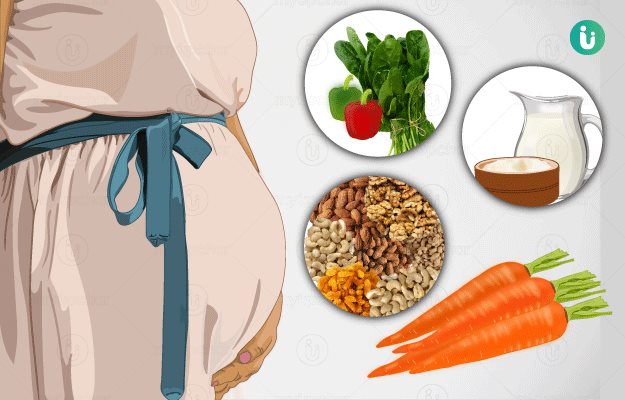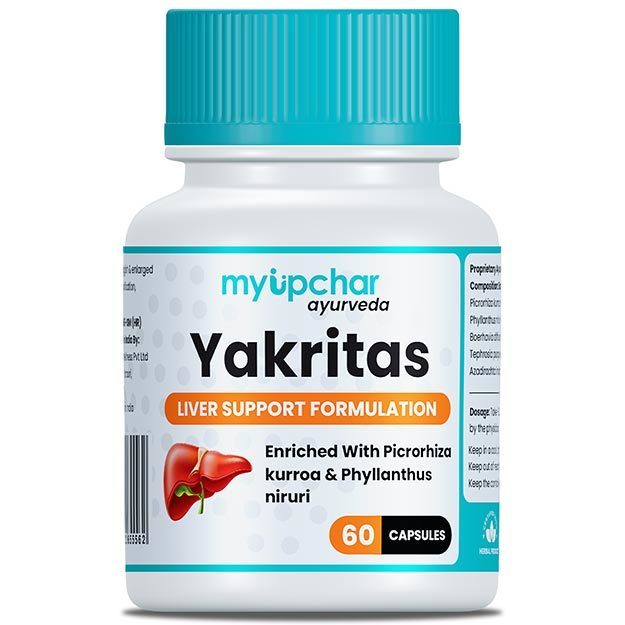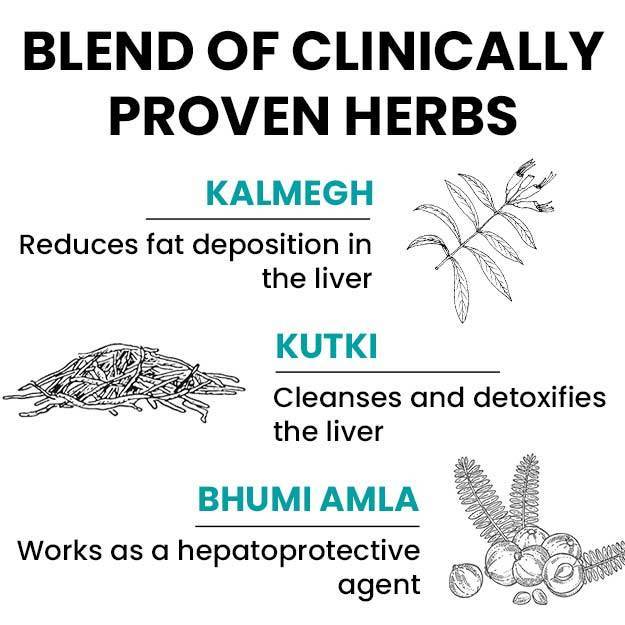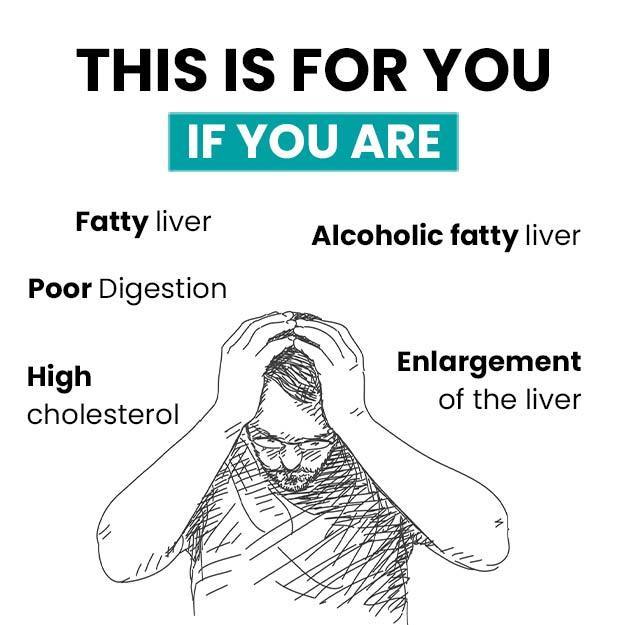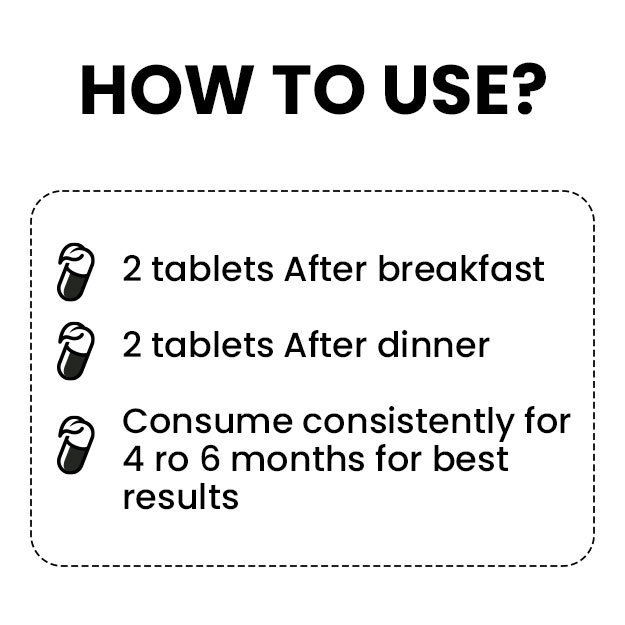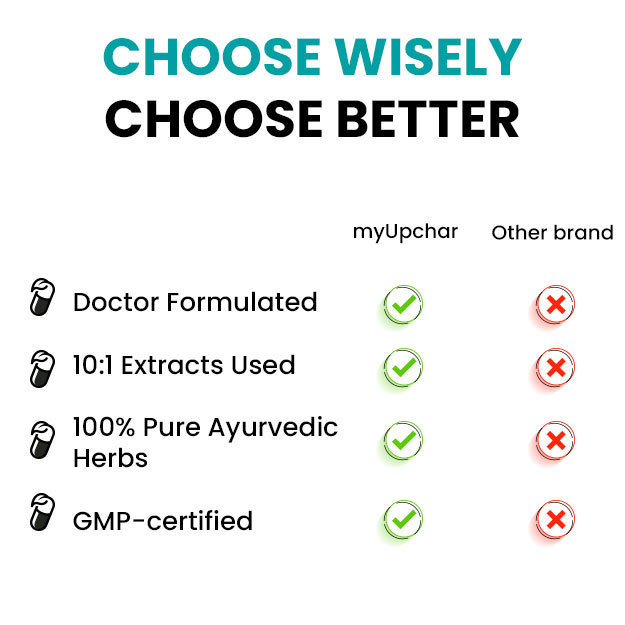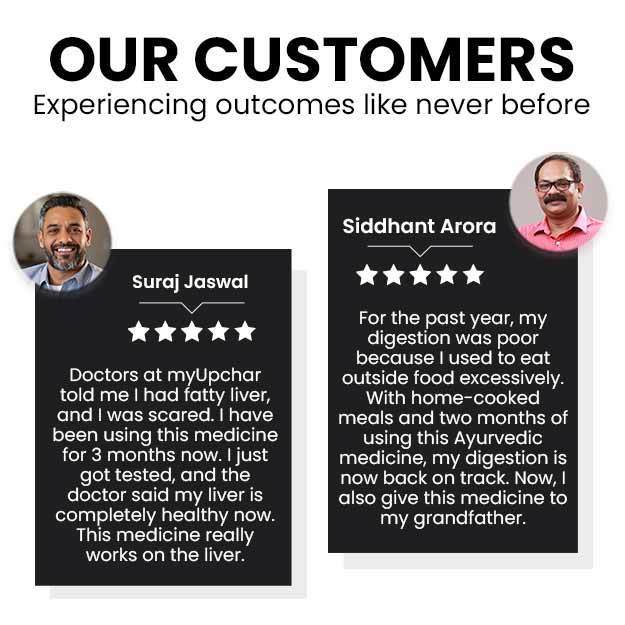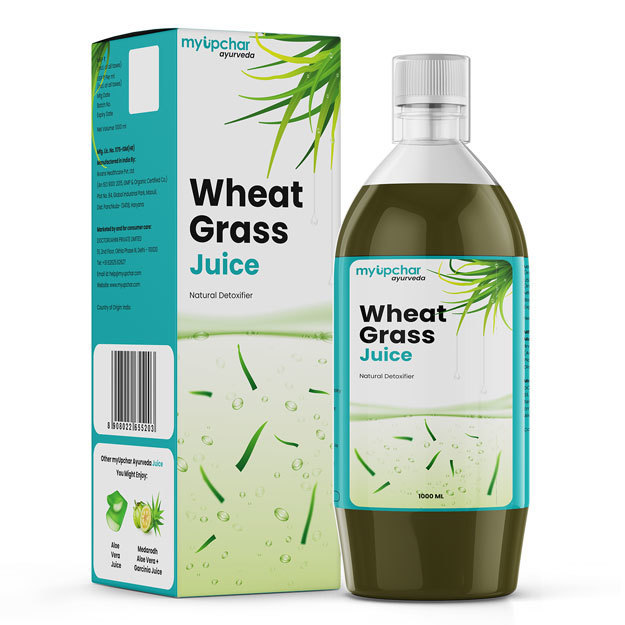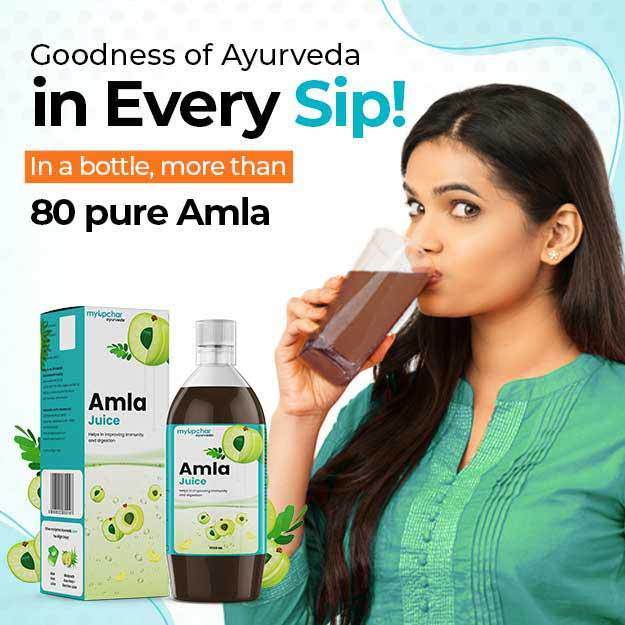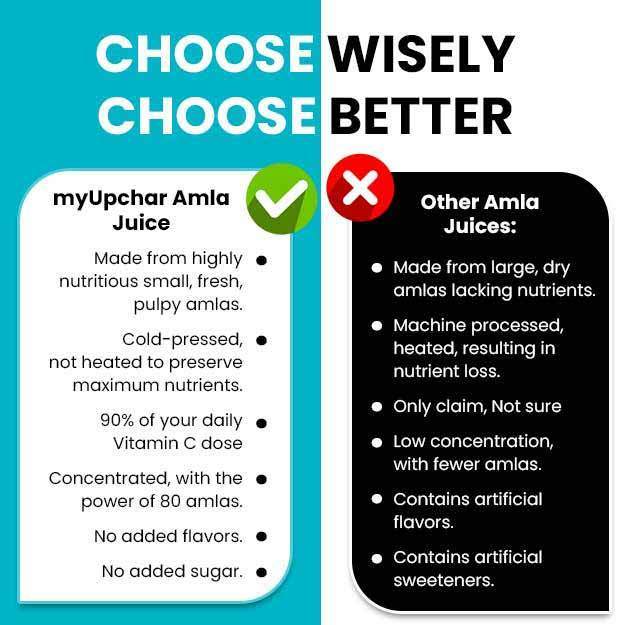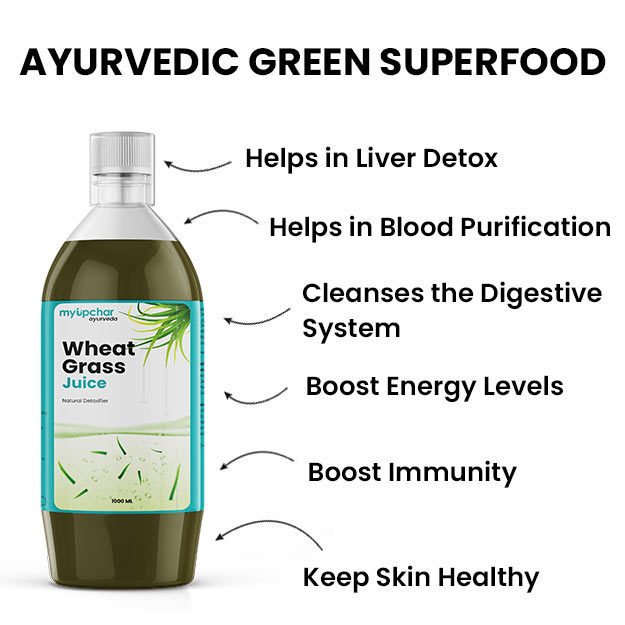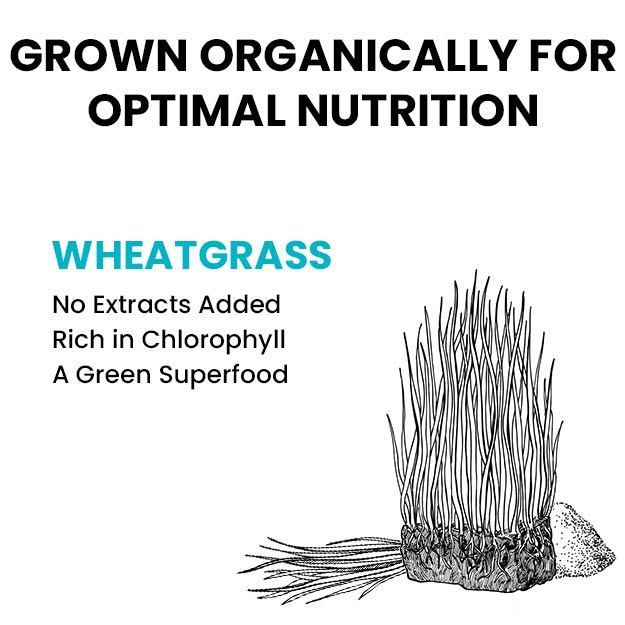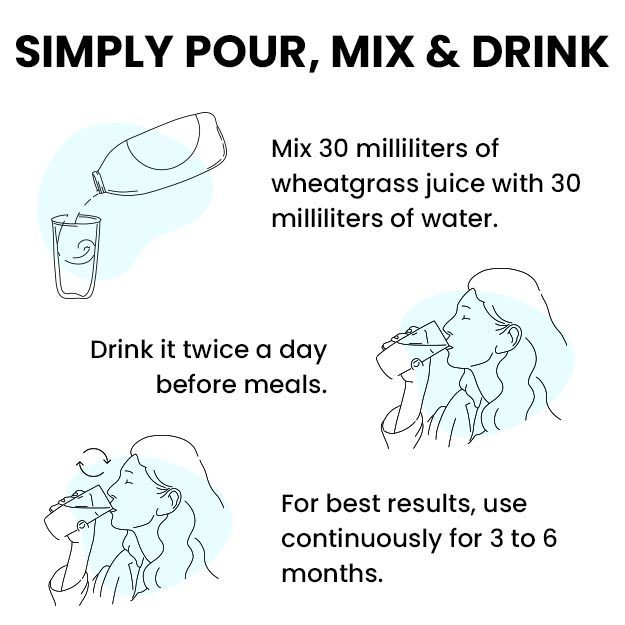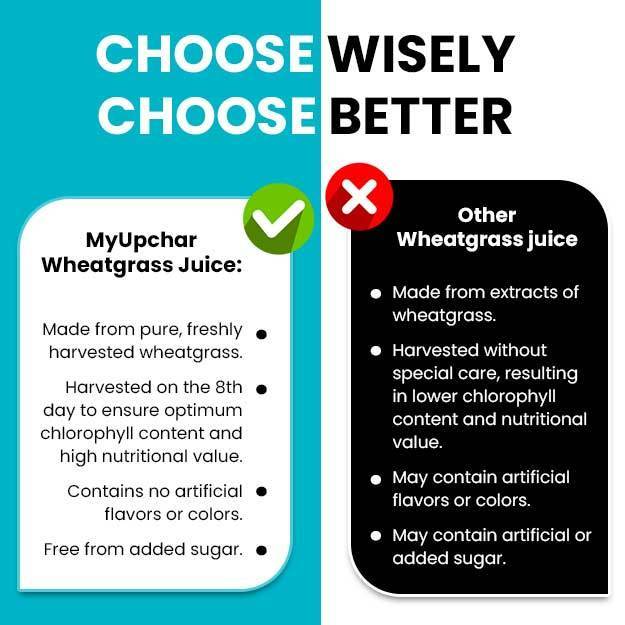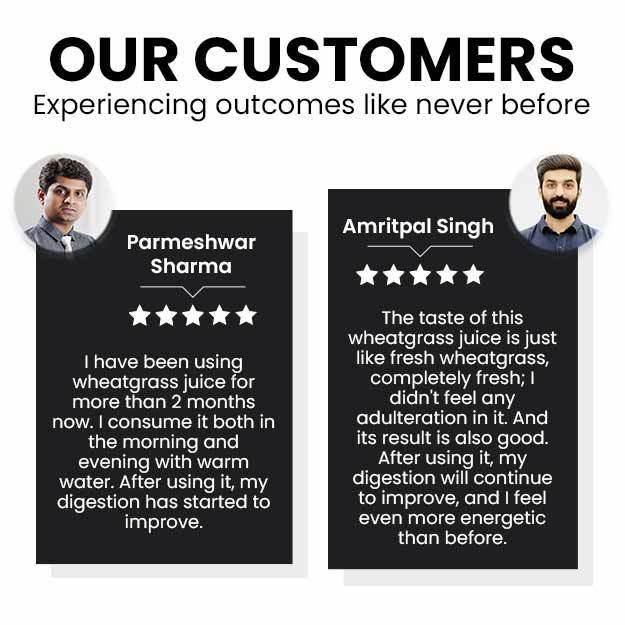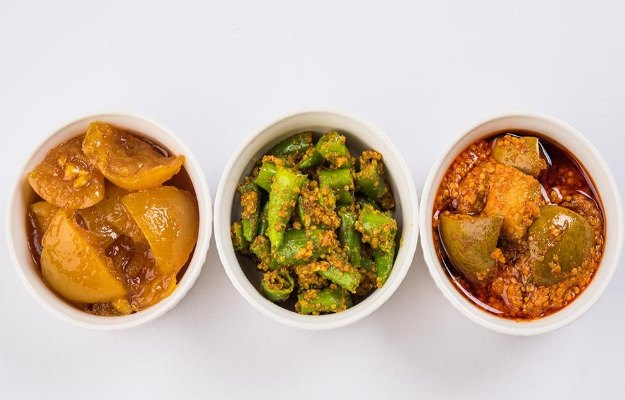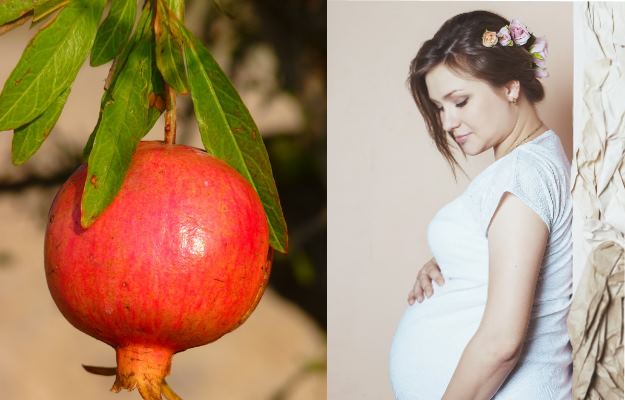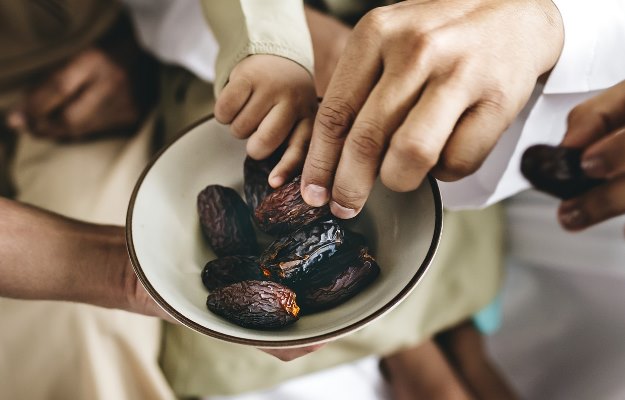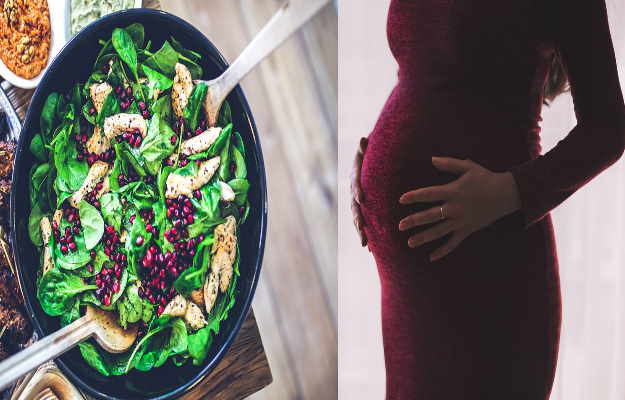Mindful eating is very important at every stage in life, but during pregnancy, it becomes even more important. You are eating for two - and not in terms of quantity, but in terms of nutritional quality. This is because your baby will derive nutrition from you during the nine-plus months of gestation, and any deficiency in your nutrition levels can cause serious complications for your little bundle of joy before and after he or she arrives.
To understand if you have a deficiency of any particular nutrient, your doctor will recommend a few routine tests and screenings. If you are found to be excessively deficient in, say, iron then your doctor might ask you to take a precise dose of supplements during your pregnancy.
There are a few supplements that the doctor will recommend for you before and during your pregnancy. Folate is very important for the development of the foetus, and so the doctor will ask you to start taking folic acid supplements when you start planning a pregnancy. After conceiving, you will have to continue with folic acid for the first 12 weeks of pregnancy.
Generally, however, tailoring your diet to suit the pregnancy is a more natural and effective way to make up for any deficiencies you might have. Including foods from all the major groups is very important, and so is cutting off foods which can harm your immunity as well as hinder the growth of your baby. Here is everything you need to know about your diet during pregnancy, including what to eat and what not to eat.
Fruits and vegetables during pregnancy
All fruits and vegetables are good sources of vitamins, minerals and dietary fiber. Most are rich in vitamin A, vitamin B complex, vitamin C, vitamin D, vitamin E and vitamin K, and also have phytochemicals and antioxidants like carotenoids, polyphenols and isothiocyanates which are extremely beneficial for you and your baby. Green leafy vegetables are also rich in folic acid, which you need to have in huge amounts during your pregnancy.
You should have a wide variety of fruits and vegetables every day, with 2-4 servings of fruits and 4 or more servings of vegetables. Make sure you have them fresh and avoid canned or juiced fruits and vegetables to get the maximum benefits from them.
Dairy products you need during pregnancy
Calcium, phosphorous and other minerals are extremely important to maintain your bone health as well as to help your baby develop his or hers. The RDA says you need to have 1000 mg of calcium every day before and during your pregnancy as well as after, during lactation. If your calcium intake is inadequate, your baby will take these vital nutrients from your bones, leaving you with weak bones and this, in turn, can lead to osteoporosis later in life.
Dairy products are the best sources of these nutrients. You should drink milk and eat cheese, yogurt, and other calcium-rich foods during pregnancy. Some fish, beans and green leafy vegetables are also rich in calcium, so you should include them in your diet as well. Have four servings of dairy products every day to get enough calcium.
Proteins during pregnancy
Your baby needs plenty of proteins while he or she is still growing in the uterus because most protein-rich foods have essentials like iron and amino acids. These are the building blocks for your baby, especially during the second and third trimesters, and you also need them yourself to keep weakness, fatigue and irritability away.
Experts recommend 60-75 mg of protein every day, spread over three servings. Lean meat, eggs, chicken, oily fish (like sardines and mackerel), lentils and beans are rich in proteins, and you can even get some amounts from nuts and seeds like almonds, walnuts, flaxseeds, hemp seeds, etc. Avoid liver and fish high in mercury like shark, marlin and swordfish.

